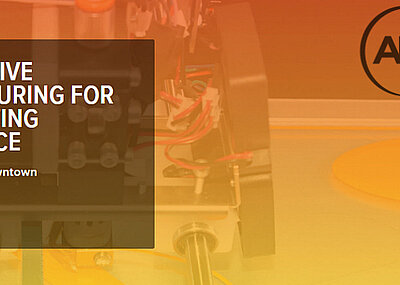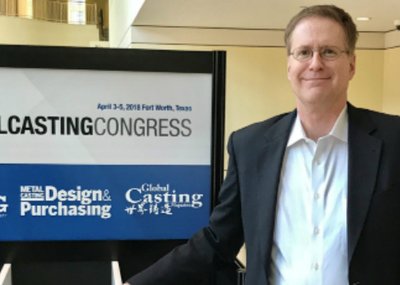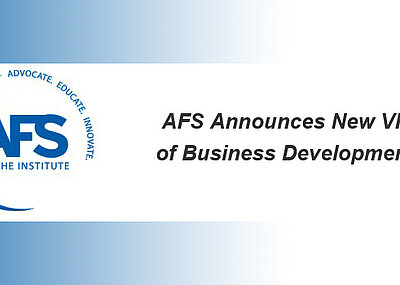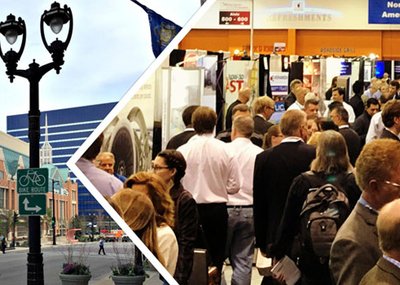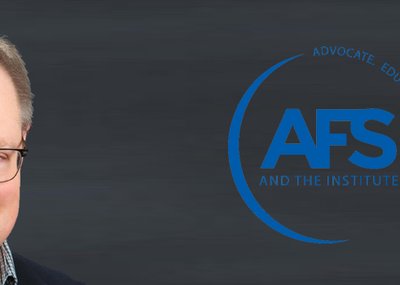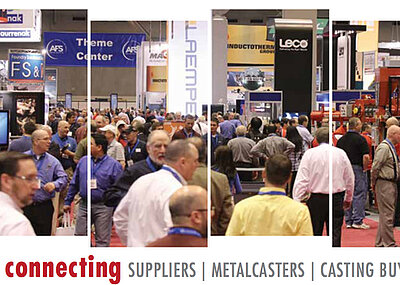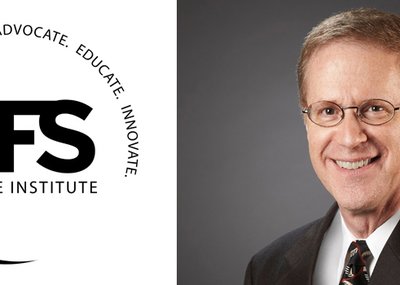The American Foundry Society has officially withdrawn from the Advisory Committee of a copper alloy research project due to concerns over the reliability of the research. The project, Alternatives Analysis of Lead-Free Substitutes to Lead-Bearing Brass Components in the Potable Water Supply System, is being conducted by the UCLA Sustainable Technology & Policy Program, UCLA Fielding School of Public Health, under the direction of Dr. Peter Sinsheimer.
The 2011 Federal Safe Drinking Water Act requires that all cast copper components used in potable water applications to contain less than 0.25 percent lead. The research project focuses on the viability of safer alternatives to Lead-containing copper and brass components used in water applications. For the past several years, AFS and several member companies have served on the Advisory Committee for the project. However, AFS believes that the current direction of the research project may lack a sufficiently robust analysis and as a result promotes a single alloy as the best viable solution to meet the new legal requirements while discounting other equally viable alloy alternatives. Several AFS member foundries that produce copper water components previously withdrew from the project’s Advisory Committee over these same concerns. AFS continued its participation to provide the much needed third-party scientific analysis, metalcasting expertise and manufacturing perspective.
Nevertheless, recent reports indicate that the project’s conclusions may find in favor of a single commercial alloy. In AFS’s assessment, there is no one single answer to the no-lead issue. AFS concludes this in large part due to the fact that multiple no-lead alloys currently used in the marketplace meet and exceed government regulations. Any attempt to narrow the field of alloy choice could prove seriously harmful to the industry as a whole and cause the conversion of cast components to competitive manufacturing processes and materials. It may also disserve municipalities and other casting users by diminishing from the multiple viable alloy solutions to a single alloy solution.
Other factors that caused AFS to challenge the project’s conclusions are:
- All the melt testing was done at a single facility, which is not representative of others in the industry, and AFS does not believe that the testing was conducted using metalcasting industry standard procedures.
- Only a few of the most common no-lead alloys were tested. There are several prominent no-lead alloys currently in use in the marketplace that were not included in the research.
- The limited scale of testing did not include the effect of the total foundry manufacturing process, including foundry melting, production, machining, and recycling.
- ASF disagrees with the project’s estimates regarding the future volume of cast no-lead components and alloys that will be required to meet those needs.
- AFS disagrees with the project’s conclusions regarding the recyclability of current bismuth containing no-lead alloys, leading to misleading estimates of future needs.
- The research does not address recent no-lead alloys under development which may significantly affect the future volumes of alloys currently being used.
- AFS believes that the project has not sufficiently responded to metalcasting industry input from AFS, member foundries and other project Advisory Committee members. The metalcasting industry input is important, as it provides the expertise from those foundries most active in producing the type of components that the research is intended to address.
The American Foundry Society is a not-for-profit organization formed in 1896. With its headquarters in Schaumburg, Ill., AFS provides members and consumers with information and services to promote and strengthen the metalcasting industry.
Source: AFS


